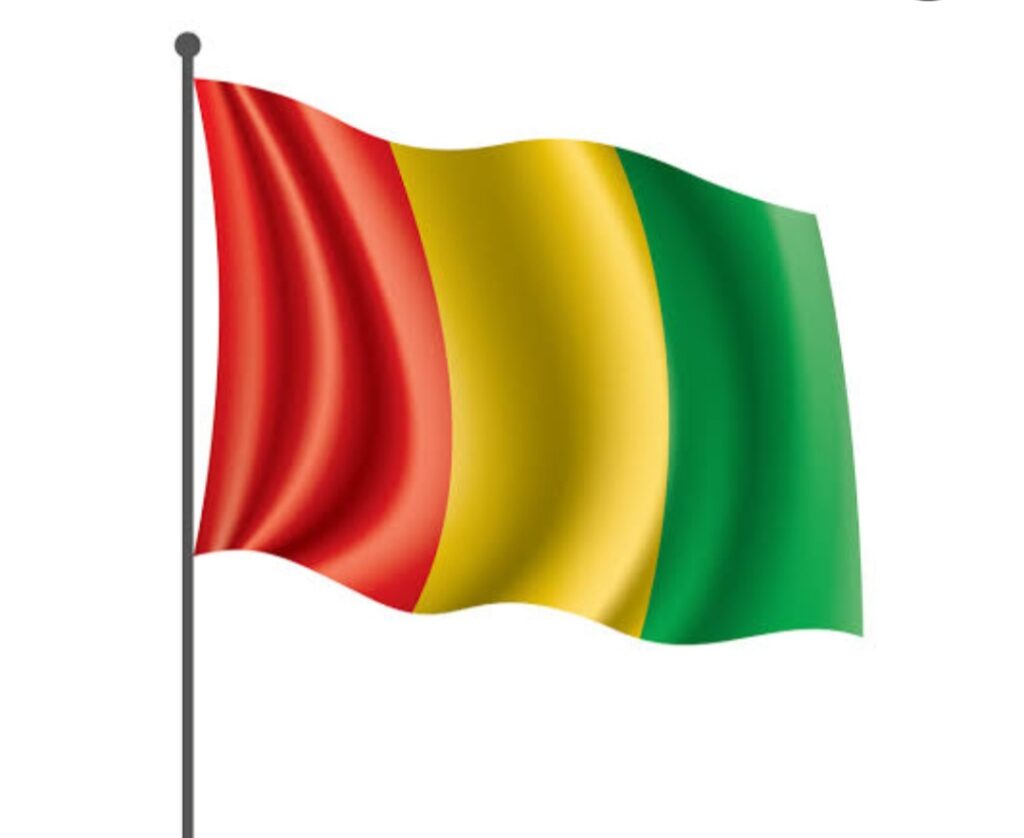
Esther Imonmion
Guinea’s controversial constitutional referendum has passed, potentially allowing the country’s junta leader to contest future presidential elections.
Official results released Tuesday show that 89.38% of voters supported the new constitution, with a turnout exceeding 86%. However, opposition leader Faya Millimono has rejected the outcome, alleging pre-marked ballots, mass annulments, and local chiefs being pressured to suppress “no” votes.
“This is not a constitution that can be accepted as valid,” Millimono told the Associated Press.
The vote was overseen by a newly formed electoral body handpicked by General Mamadi Doumbouya, who seized power in 2021. While elections are promised later this year, no specific date has been announced, and Doumbouya has not ruled out running himself.
Key provisions of the draft constitution include extending presidential terms from five to seven years, allowing members of the junta to run for office, and creating a Senate with one-third of its members appointed by the president.
Rights groups have criticized the junta for suppressing dissent, banning over 50 political parties, and suspending opposition activity ahead of the referendum.
Despite the controversy, Prime Minister Amadou Oury Bah described the result as a “mandate of trust” and a step toward civilian governance.
Regional observers, however, warn that the move may signal another consolidation of power in a West Africa already unsettled by coups.
